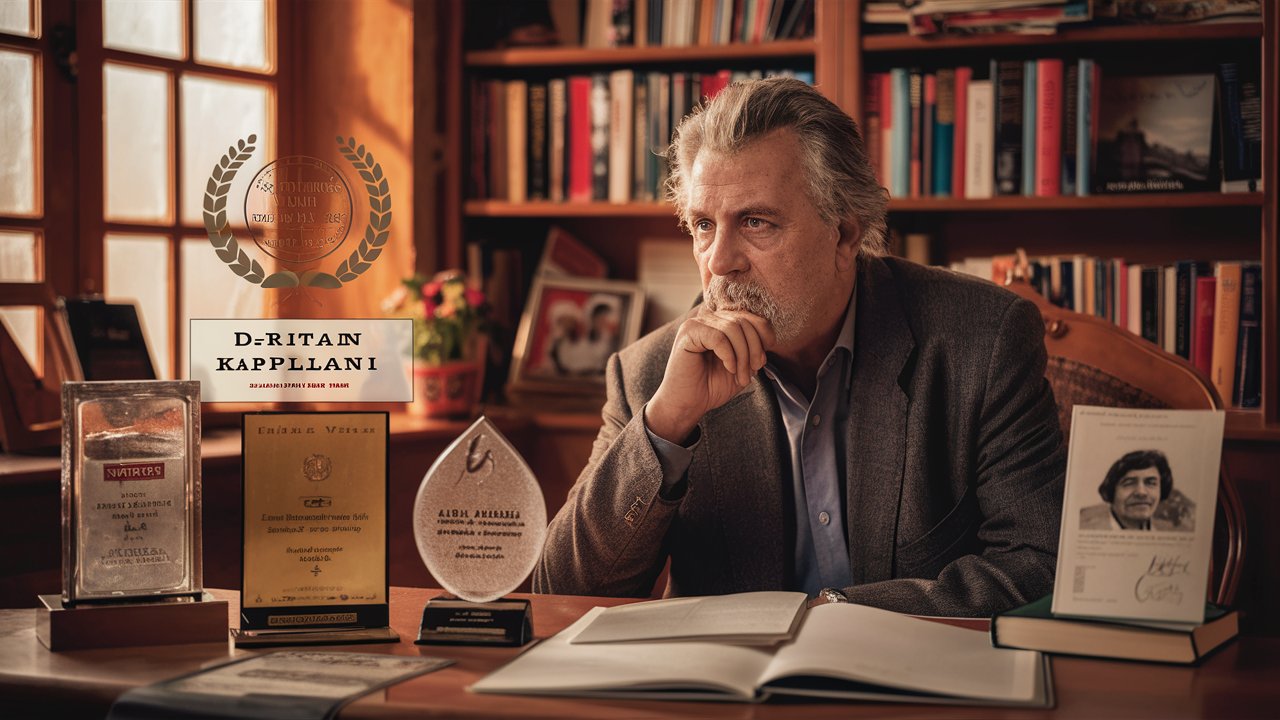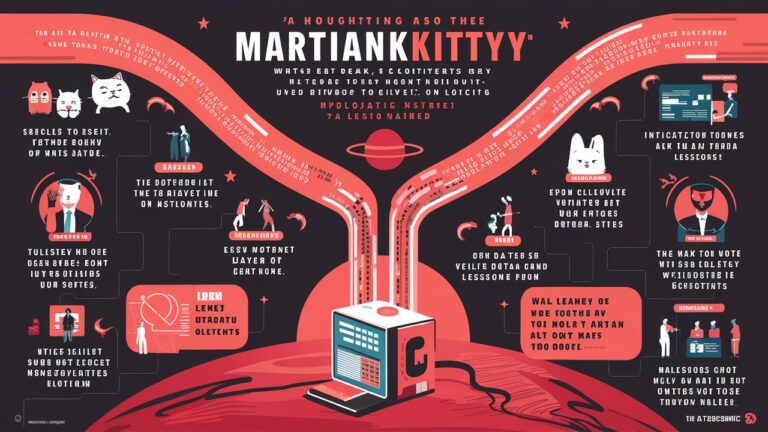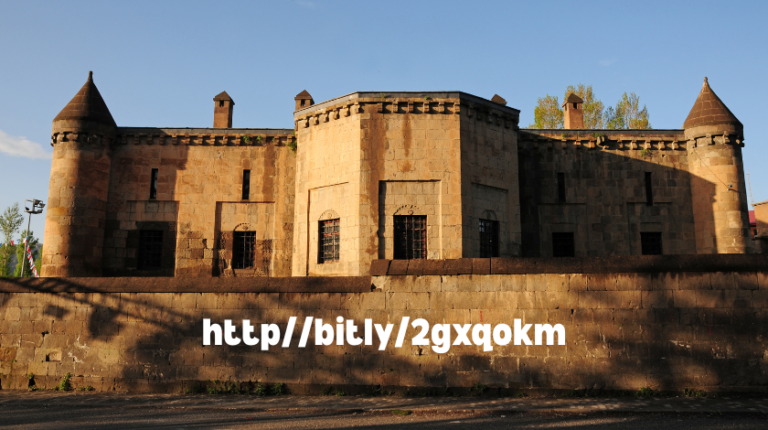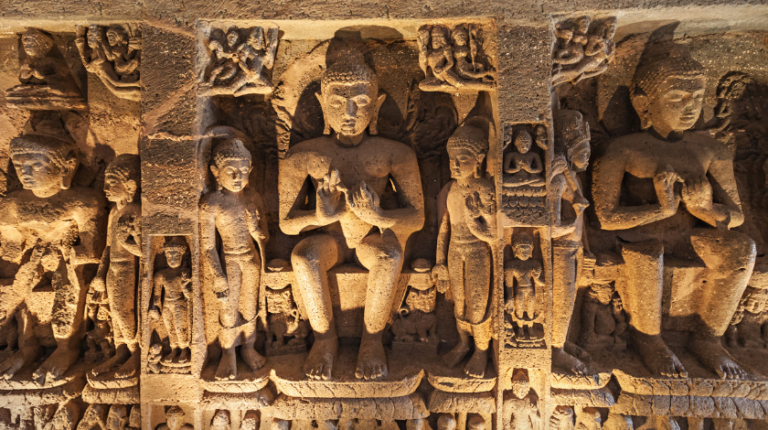Dritan Kapllani: Exploring the Life, Works, and Legacy of an Albanian Literary Icon
Dritan Kapllani stands as one of Albania’s most profound literary voices, blending poetry, prose, and philosophical inquiry to capture the complexities of human existence, migration, and identity. Born in 1964 in the coastal city of Vlorë, Kapllani’s works transcend geographical and cultural boundaries, resonating with readers worldwide. His writings often grapple with themes of displacement, nostalgia, and the search for belonging—a reflection of Albania’s turbulent history and his own experiences as an emigrant. This article delves into Kapllani’s life, his literary contributions, and the enduring impact of his work on contemporary Albanian literature. Through an exploration of his key themes, notable works, and legacy, we uncover why Kapllani remains a pivotal figure in modern European literature.
Early Life and Influences
Dritan Kapllani’s formative years were shaped by Albania’s isolation under Enver Hoxha’s communist regime, a period marked by censorship, political repression, and limited cultural exchange. Growing up in this environment, Kapllani developed a deep curiosity about the world beyond Albania’s borders, which later became a recurring motif in his writing. His early exposure to classical Albanian literature, combined with clandestine readings of forbidden Western authors, forged a unique literary voice that blended local traditions with global perspectives. After studying literature at the University of Tirana, Kapllani emigrated to Greece in the 1990s, an experience that profoundly influenced his worldview. The duality of being both an insider and outsider—a theme central to his work—emerged from this period of transition, informing his nuanced explorations of identity and displacement.
Literary Contributions: Poetry and Prose
Kapllani’s literary repertoire spans poetry, essays, and novels, each marked by lyrical intensity and existential reflection. His debut poetry collection, “Më vonë do të flasim” (We Will Speak Later), established him as a bold voice in post-communist Albanian literature, blending melancholic imagery with stark realism. However, it was his novel “A Short Border Handbook” (2006) that garnered international acclaim. The book, a semi-autobiographical account of an Albanian migrant’s journey to Greece, dissects the absurdities of borders and the psychological toll of exile. Kapllani’s prose is characterized by fragmented narratives, dark humor, and philosophical musings, creating a bridge between personal trauma and universal human experiences. His later works, such as “My Name is Europe” (2010), further interrogate Europe’s evolving identity, challenging readers to confront the contradictions of nationalism and globalization.
Key Themes in Kapllani’s Work
At the heart of Kapllani’s writing lies a preoccupation with displacement and identity. His protagonists often navigate liminal spaces—physical borders, cultural divides, and existential uncertainties—mirroring his own journey as an emigrant. The theme of nostalgia is equally pervasive, though Kapllani avoids romanticizing the past; instead, he critiques how memory can distort reality. In “A Short Border Handbook”, for instance, the protagonist’s longing for home clashes with the grim realities of immigrant life. Another recurring motif is language itself. Kapllani, who writes in both Albanian and Greek, examines how linguistic barriers shape identity and power dynamics. His essays, such as those in “The Last Page” (2013), also explore historical amnesia, urging societies to confront unresolved traumas, from Albania’s communist past to Europe’s migrant crisis.
Impact on Albanian and European Literature
Kapllani’s works have redefined Albanian literature’s place in the global canon. By addressing universal themes through a distinctly Albanian lens, he has bridged the gap between local narratives and international audiences. Scholars often credit him with revitalizing post-communist Albanian literature, which struggled to find its voice after decades of state-controlled art. In Europe, his critiques of nationalism and border politics have sparked dialogue about inclusivity and collective memory. Notably, “My Name is Europe” was hailed as a “manifesto for a borderless continent,” influencing debates on migration policy. Kapllani’s interdisciplinary approach—merging literature with philosophy and political theory—has also inspired a new generation of writers to experiment with form and subject matter.
Legacy and Continuing Relevance
Though Dritan Kapllani passed away in 2023, his legacy endures through his transformative contributions to literature and cultural discourse. His works are now taught in universities across the Balkans and Europe, analyzed for their stylistic innovation and socio-political commentary. Institutions like the Albanian Institute for International Studies have hosted symposia on his oeuvre, underscoring his role as a public intellectual. Moreover, Kapllani’s advocacy for marginalized voices—migrants, exiles, and those silenced by history—remains eerily pertinent in an era of rising xenophobia. As migration crises and identity debates continue to shape global politics, his writings offer a timeless reminder of the human cost of division and the redemptive power of storytelling.
Frequently Asked Questions (FAQs)
1. What are Dritan Kapllani’s most famous works?
Kapllani’s seminal works include “A Short Border Handbook” (2006), a novel exploring migration, and “My Name is Europe” (2010), a collection of essays critiquing continental identity. His poetry collections, such as “We Will Speak Later”, are also widely celebrated.
2. How did Kapllani influence Albanian literature?
He modernized post-communist Albanian literature by addressing universal themes like displacement and identity while incorporating experimental narrative styles. His works paved the way for younger writers to engage with global issues.
3. What themes dominate Kapllani’s writing?
Key themes include migration, nostalgia, linguistic identity, and historical memory. His works often interrogate the psychological and cultural impacts of borders.
4. Did Kapllani receive any international recognition?
Yes, his books have been translated into over 15 languages, and he received accolades such as the European Union Prize for Literature in 2010.
5. Where can I read Dritan Kapllani’s works in English?
Translations of “A Short Border Handbook” and “My Name is Europe” are available through major publishers like Portobello Books and Amazon Crossings.
Conclusion
Dritan Kapllani literary genius lies in his ability to transform personal and national struggles into universal narratives of resilience and introspection. Through his poignant explorations of borders—both physical and metaphorical—he challenged readers to rethink notions of identity, belonging, and collective memory. As Albania and Europe grapple with ongoing political and social transformations, Kapllani’s works serve as both a mirror and a compass, reflecting the past while guiding us toward a more empathetic future. His legacy is not merely in the words he left behind but in the conversations he continues to inspire across continents and generations.






